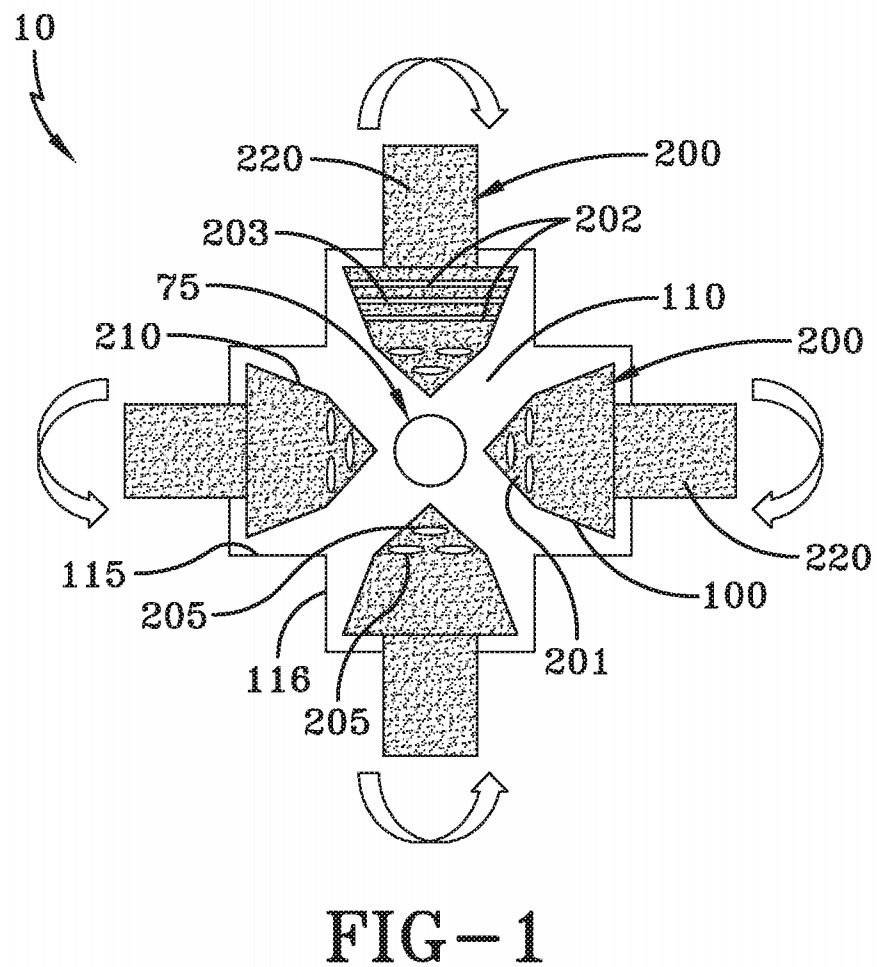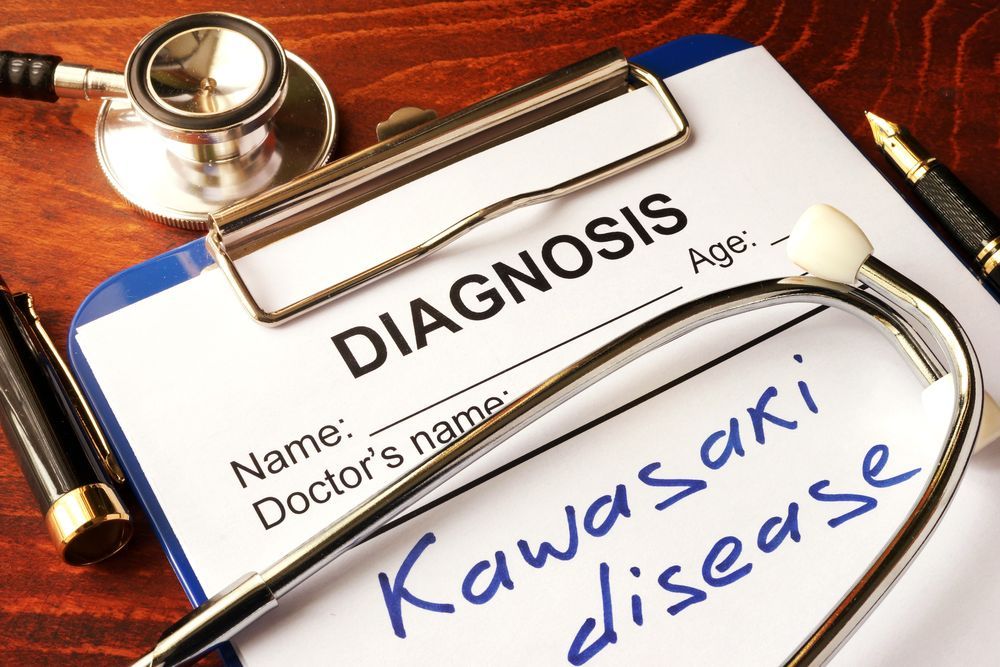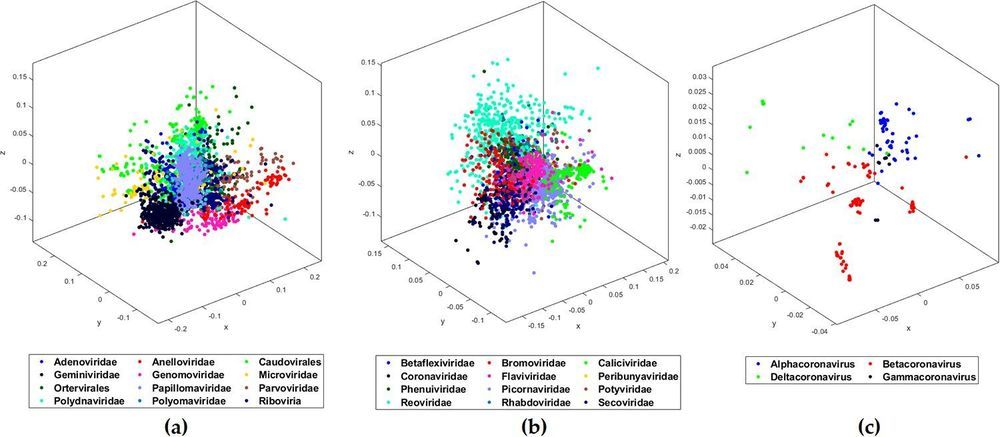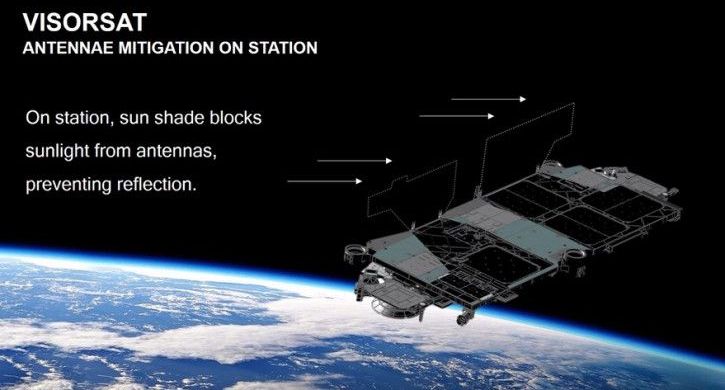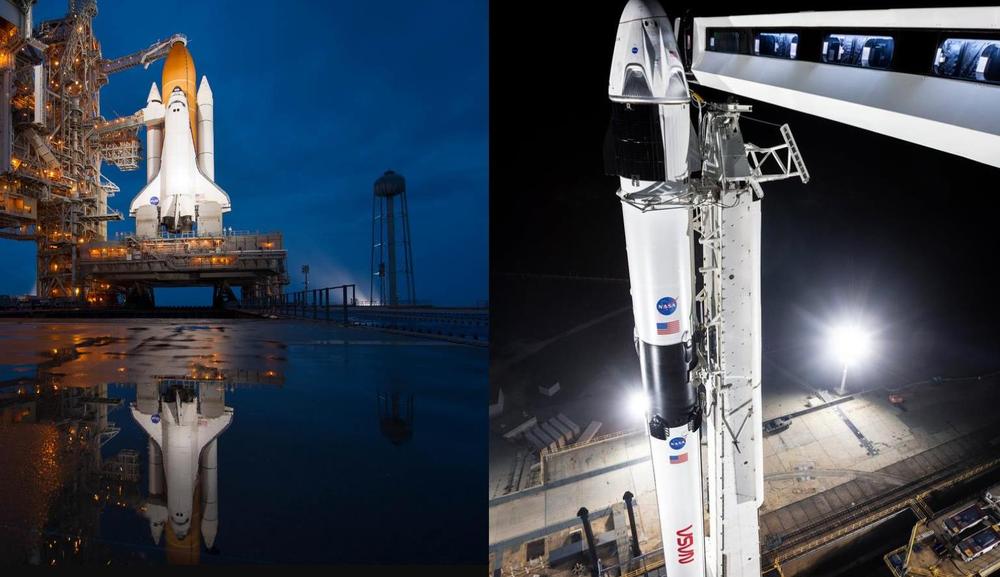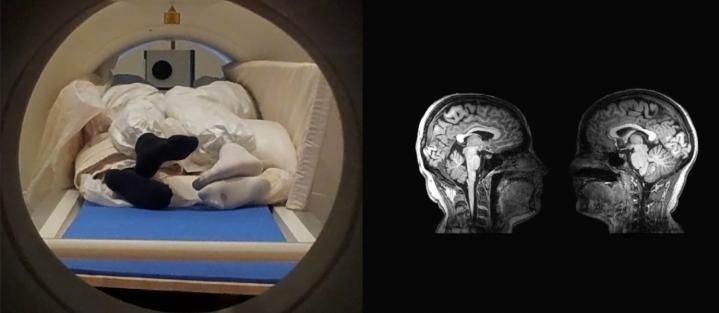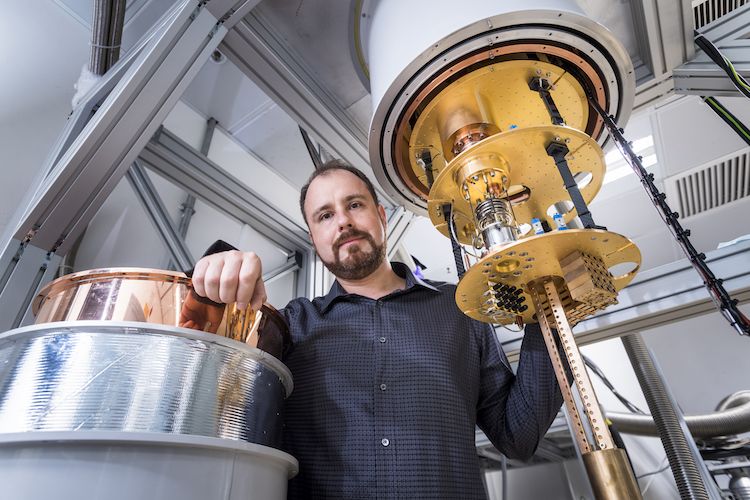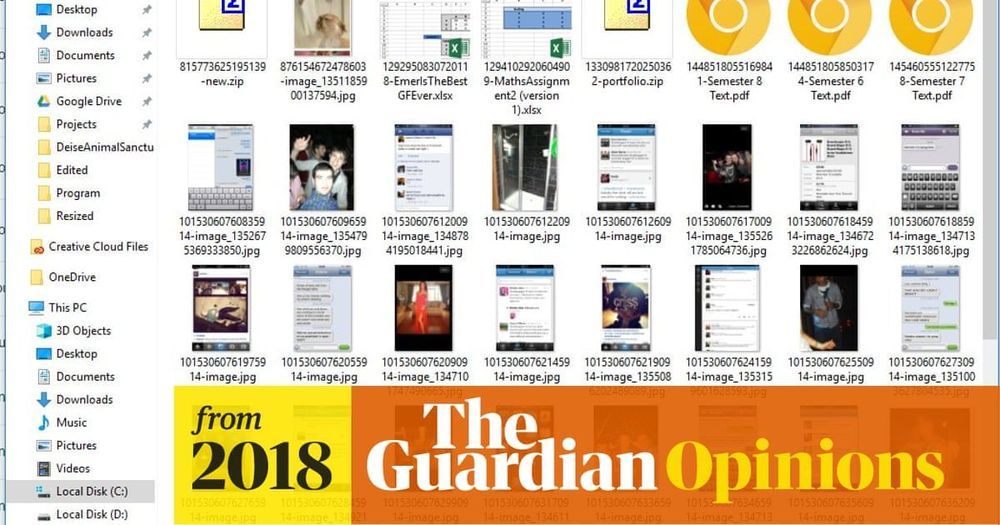The US Patent Office has issued a patent for a Plasma Compression Fusion Device to Salvatore Pais, of Calloway MD. The patent assignee is the United States of American as represented by the Secretary of the Navy, Patuxent River MD.
The news of this patent issuance has produced a minor buzz that might turn into a cacophony or a flurry of excitement about ships, submarines and perhaps even aircraft powered by high powered, compact devices using a “virtually unlimited” fuel source.
I suspect many of the articles that might be written will gush about how these fusion devices will be far superior to conventional atomic fission devices because they will not produce radioactive waste products. [Right.].
